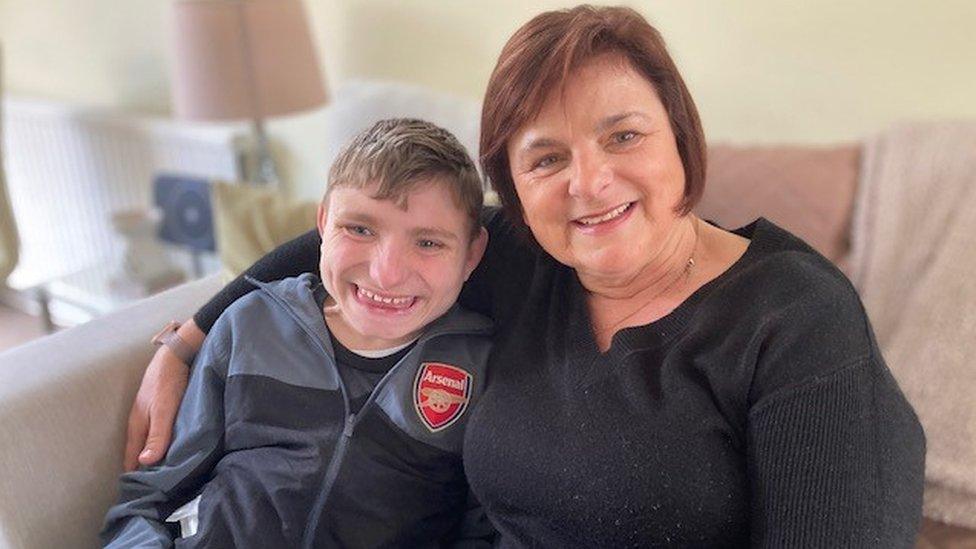Oxford mum urges people to join research into rare diseases
- Published
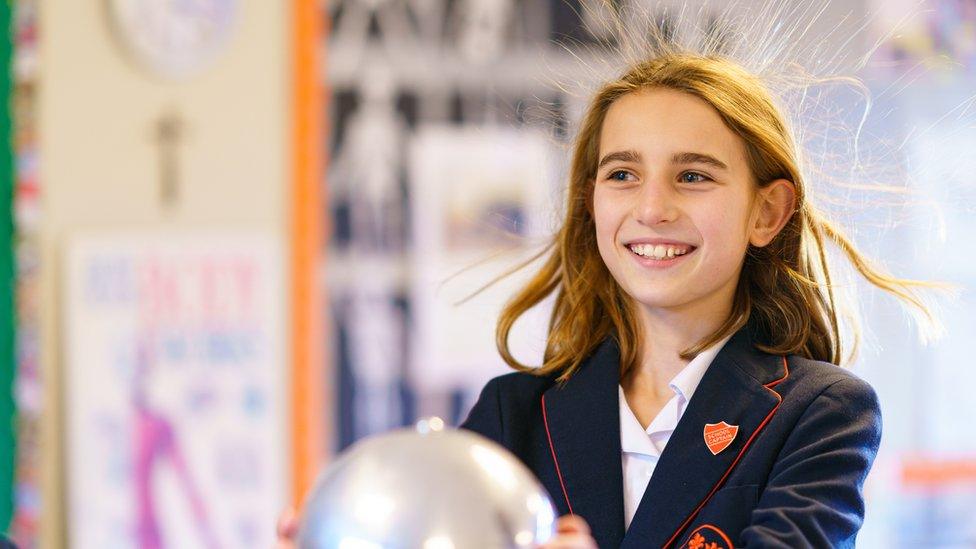
Twelve-year-old Bea has Muckle-Wells syndrome
A mum whose daughter has a rare disease has urged people to join national research into similar conditions.
Lucy's daughter Bea has Muckle-Wells syndrome - an autoinflammatory disease.
The 12-year-old, from Oxford, recently signed up to take part in the DNA, Children + Young People's Health Resource (D-CYPHR) programme.
Bea said: "Taking part in research gives you the chance to help so many people."
After contracting Covid-19 in 2021, Bea's health deteriorated, but despite intensive investigation, no cause for her symptoms was found.
Lucy said she "really struggled" during this period, and was "oscillating between thinking I was worrying too much or too little".
Finally, Bea underwent genetic testing and an alteration in a gene that plays a role in regulating the immune system was found, leading to a diagnosis of Muckle-Wells syndrome.
The condition causes fevers, skin rash and joint and abdominal pain.
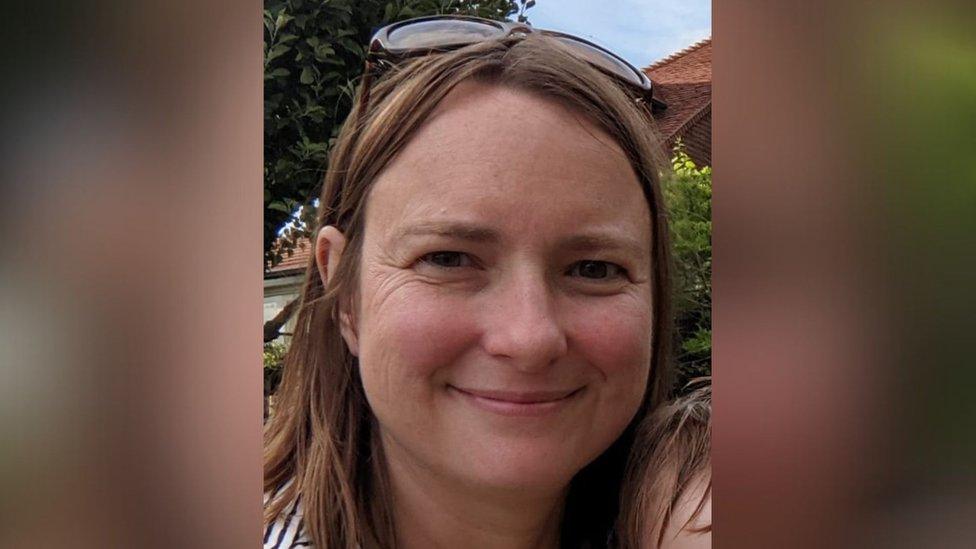
Bea's mum Lucy is a doctor in clinical genetics
Bea said: "I'd felt unwell for months so it was a relief in a way to get a diagnosis, even though it is something that will be with me forever.
"I try really hard not to let my illness define me, and I'm lucky that there is a treatment. I keep going even when I'm in pain."
Early last year she signed up to take part in the national D-CYPHR programme, which is collecting saliva samples, a health and lifestyle questionnaire and medical and education data from children.
It is hoped the programme will help researchers better understand childhood disease, and is being led by the National Institute for Health and Care Research (NIHR) BioResource in partnership with the NHS and the University of Cambridge.
Her mum said after seeing the research on a Facebook page, she showed Bea who was "eager to take part" and "felt like she wanted to support the research" as a person with a rare disease.
She added: "The more we know about rare genetic conditions, the more treatment options become available to patients.
"I would encourage anyone to take part in genetic research because it has such potential to benefit the whole population."

Follow BBC South on Facebook, external, X, external, or Instagram, external. Send your story ideas to south.newsonline@bbc.co.uk or via WhatsApp on 0808 100 2240.
Related topics
- Published28 June 2023
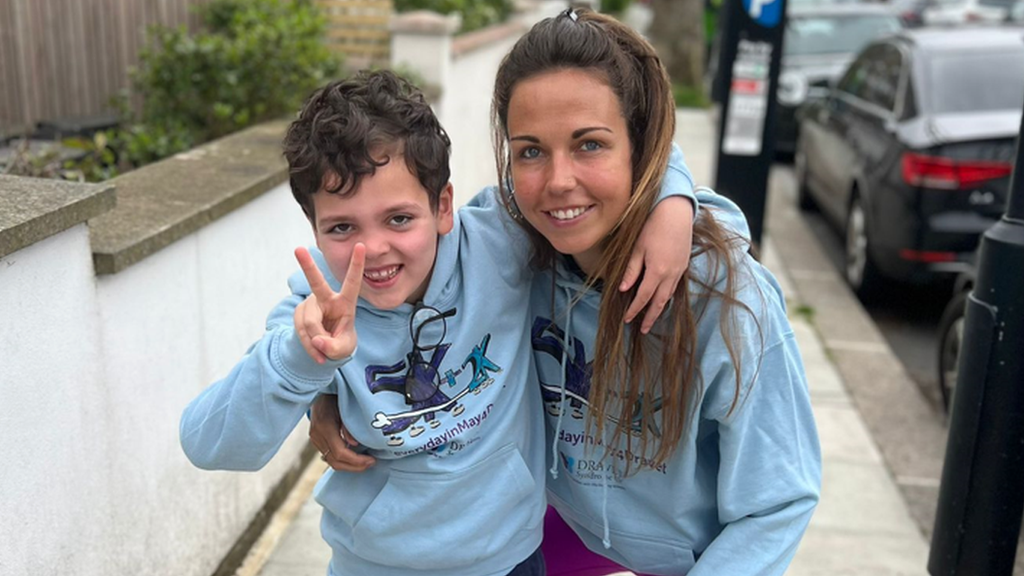
- Published29 November 2023
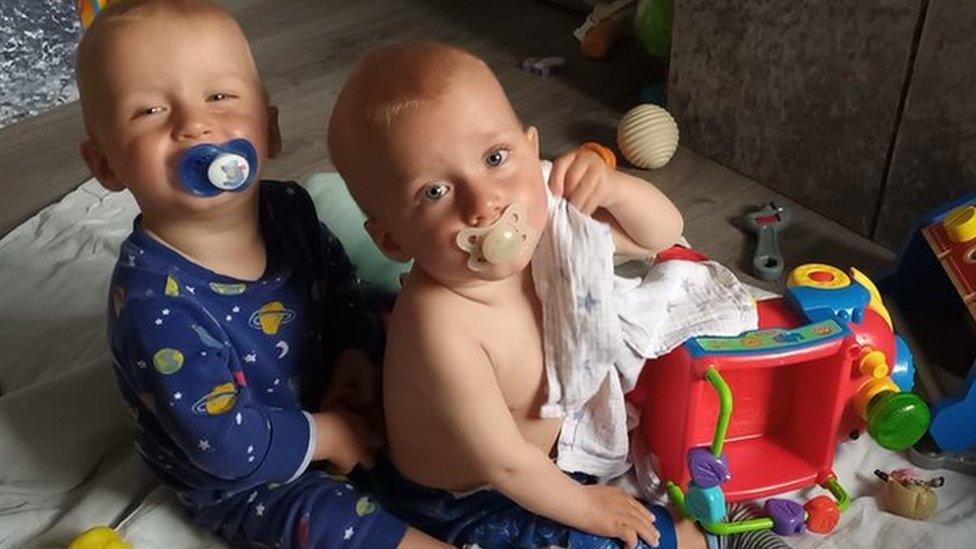
- Published29 March 2023
